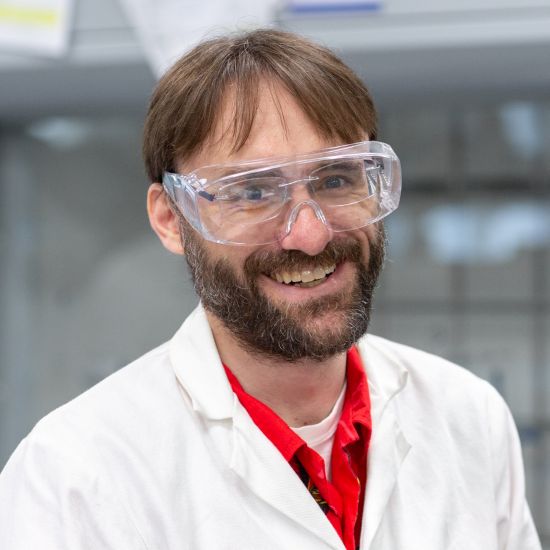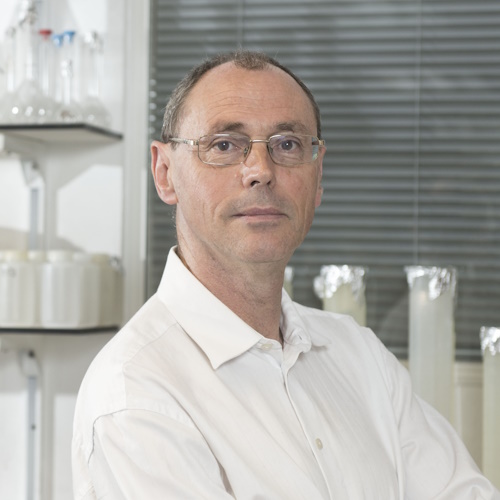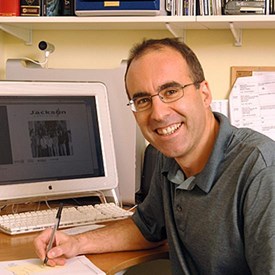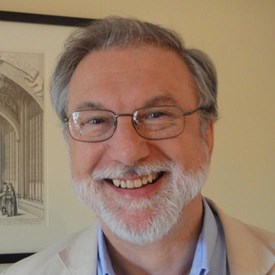The award
The Royal Society Mullard Award was provided by a gift to the Society by the Board of Directors of Mullard Ltd. The Mullard Award is awarded to those who have an outstanding academic record in any area of natural science, engineering or technology and to individuals or teams whose work has the potential to make a contribution to national prosperity. The medal is of silver gilt medal, is awarded on the occasion of a suitable candidate being identified by the award's selection committee, and is accompanied by a travel grant of £1,500 and a gift of £2,000.
Eligibility
The Royal Society Mullard Award is open to UK/Commonwealth/Republic of Ireland citizens or those who have been residents for three or more years. There are no restrictions on career stage and nominations will remain valid and shall be considered by the award selection committee throughout three nomination cycles. Teams or groups may now be nominated for this award.
Nominations are currently closed
Nominations are closed and will reopen on 1 December 2025.




